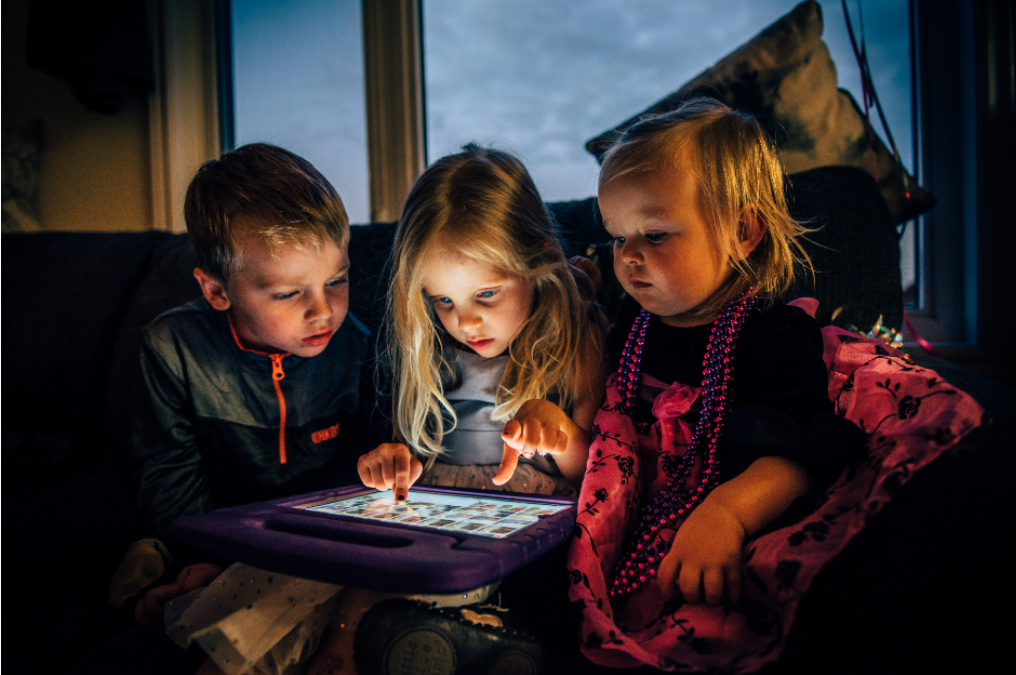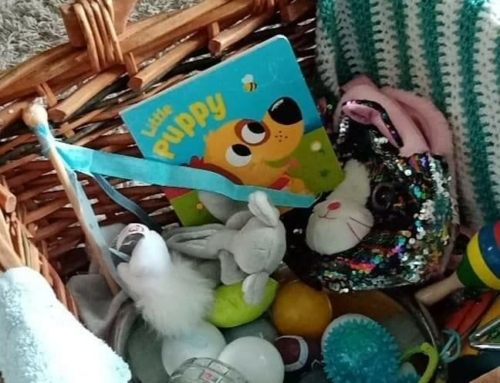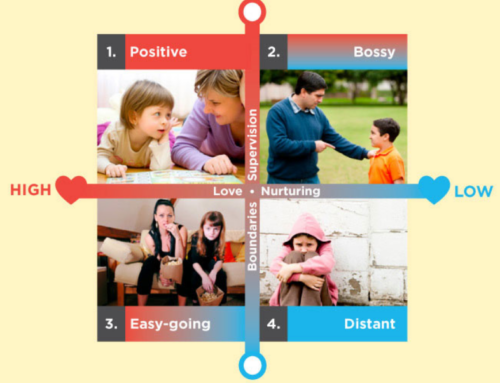Young children are being raised in a digital world with access to phones, tablets and other internet-connected devices available from a very early age. Most children’s first experience of the digital world will include tapping screens or swiping on phones as babies or toddlers; whilst we look on in amazement at their skills.
The internet has been our saving grace of the COVID -19 pandemic allowing us to keep connected to our real life. COVID -19 has increased our internet usage dramatically. Pre-school children are also spending more time online as they are staying in touch with their friends, grandparents and are streaming videos or movies, accessing interactive games and providing a much-needed source of entertainment during lockdown.
The internet provides many benefits for your child such as providing opportunities to learn, improve language skills, improve problem-solving, improve their creativity and provide a means of entertainment. There are also risks associated with the internet for your child including exposing them to inappropriate content, people they do not know or sharing personal information combined with overstimulation from the usage of screen time.
As always as a parent, you are the key person in your child’s life and are key in shaping and forming positive healthy online habits in your child. According to the HSE, the time young children should spend on screens (which includes smartphones, gaming devices, tablets, computers and televisions) are as follows:
0 to 18 months – Avoid allowing children under 18 months to spend time in front of a screen. This is except for photographs and video calls.
18 to 24 months – Children aged 18 to 24 months should spend as little time as possible in front of a screen. Again except for photographs and video calls.
2 to 5 years – Those aged between 2 and 5 should spend no more than 1 hour a day (Pre-school children).
Below are some tips you can use to help your child stay safe online and form healthy online habits from the get-go!
- Talk to your child about the internet
Your child may already have some knowledge and understanding of the internet. Ask your child what they already know about the internet and expand on this. If your child is unsure what the internet is you could simply start by explaining to your child ‘The internet is a way of keeping people connected to each other by talking to one and other online, the voice calls we chat with Granny and Granda is through the internet. The internet is also a place where you learn and share information.
Explain to your child the positive options (educational, entertainment or creative resources) that are available to them and explore them together. This will help your child know what they can expect to see. Also, explain the risks involved in using the internet, for example, viewing inappropriate material, material for older children and the risk of online strangers. It is important to highlight that young children should not be using the internet without you or another adult. However, if your child does come across something that upsets them, reassure them that this is not their fault and they can come to you to talk about it. This is a very important message to maintain especially as your child grows older, one you should keep reinforcing.
- Have regular conversations about internet usage
To build an open and honest relationship about internet usage try having regular conversations with your child. As they get older take an interest in how your child is using the internet, you could ask your child about what they are watching on the internet, ask them to show you and ask them what their favourite programme or game is. This will show your child you are interested in their choices, will open up regular conversations about their internet usage, future internet usage and create good online habits.
3.Usage rules
By creating rules around what your child can view, how long they can use devices for and where they can use them will set boundaries that will help keep your child safe online as this will help you control their online usage. Rules such as a limit on usage (recommended screen time for a preschool child is one hour a day- excluding video calls to loved ones), only use devices in the kitchen and sitting room, never in the bedroom or when you are eating. Young children’s online usage or screen usage is best spent with you engaging with your child. This will help you keep an eye on what they are watching and how they are using the internet.
Also by modelling positive online behaviour such as being cautious when you are online, limiting your screen time and only using devices in the designated areas you are showing your child how to adopt positive online behaviour.
- Parental Controls
Most internet devices have parental controls available allowing you to restrict children’s access to inappropriate websites. Age ratings are available to allow you to select age-appropriate content for your child to view. Safe search engines and age-appropriate platforms are available such as Google Safe Search or YouTube Kids. Bookmarking these websites or downloading the Apps will make it easier for your child to access child-friendly material that will keep them safe online whilst controlling their online activity at the same time.
An added extras safety measure would be to include passwords on the Wi-Fi or devices. Passwords are a great way of restricting your child’s access to devices, allowing you to keep control over when they use the devices.
Above are some tips to keep your preschool child safe online. As your child develops technology and the internet will play an increasing role in your child’s life. By putting in place these few tips you are laying down the foundations of early positive online habits. This will help keep your child safe online while enjoying the benefits of the internet that you and your child will be able to build on in the future.







